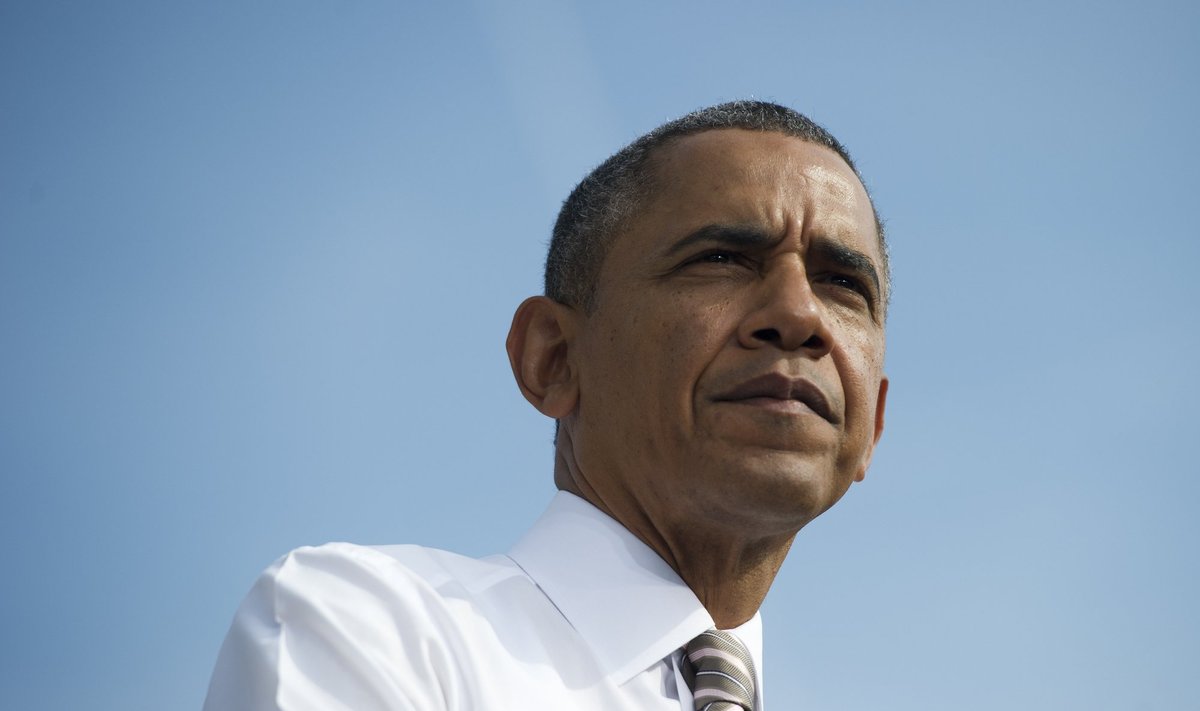Ahead of Obama visit expectations are high in Estonia

The US President’s visit to Estonia, two days before the NATO summit in Wales, carries itself a symbolic meaning and is expected to send out a strong signal to Russia not to mess with the Baltics. Estonian politicians and analysts are also curiously waiting Barack Obama’s much anticipated public speech in Tallinn on Wednesday.
"Just a mere fact that President Obama will give a public speech in Estonia, carries a symbolic act in itself," Andres Kasekamp, the professor of political science at the University of Tartu, said in an interview with Eesti Päevaleht.
"It indicates that Obama will have a message not just for Estonia, but for the entire world," Kasekamp added.
It has become a custom for the US President to visit a European country ahead of the NATO summits. He has previously visited the Czech Republic and Poland. In light of the crisis in Ukraine, it was appropriate to visit a NATO member in the vicinity of Russia. Estonia was most probably chosen due to its commitment to spend 2% of its GDP on defence – one of only four member states to do so. Estonian soldiers have in the past also served alongside the Americans in Iraq and Afghanistan.
"Estonia would have been an obvious choice for the visit, from the US point of view," Kasekamp said. "It spends relatively more than Latvia and Lithuania on defence, and our servicemen were fighting in the most restless area of Afghanistan – Helmand province. Estonia is also at the forefront of cyber security policies. It has therefore become a kind of role model to other member states in NATO," he added. Barack Obama will indeed also meet Estonian and American soldiers, currently stationed in the county, during his visit.
Other analysts remind that visits by the US Presidents to the Baltics always carry symbolic meaning.
"The visit is a clear reassurance that the concerns in regards to Russia will be heard at the NATO summit. Estonia, Latvia, and Lithuania have a long first-hand experience when it comes to dealing with Russia, and their opinion will be therefore taken into account of, when formulating new defence policies at the summit," political scientist Toomas Alatalu said to Eesti Päevaleht.
"The US took a clear position in 1940 and never recognised the Soviet annexation of the Baltics. In 1998, the United States, Estonia, Latvia and Lithuania signed the US-Baltic Charter in Washington that supported the Baltic states’ full integration into European and Trans-Atlantic structures and paved the way for the NATO membership. It was also a statement of the US profound interest in the security and independence of the Baltic states," Alatalu reminded.
However, the Estonian analysts are not yet convinced whether Obama’s visit will be followed up by specific steps, such as the permanent presence of NATO allied forces in the country.
"Obama’s visit itself is part of the deterrence policy, in times of the tense security situation in east Ukraine. But what if his visit remains just a symbolic act, albeit strong? What if that’s just a calculation on behalf of the United States – send the President to deliver strong signal to Russia, but without following it up with real, troops on the ground permanent forces?" Andres Kasekamp asked rhetorically.